 BOOKS
BOOKS « In Which The 100 Greatest Writers of All Time Count Down »
 Tuesday, July 28, 2009 at 3:19PM
Tuesday, July 28, 2009 at 3:19PM 
The 100 Greatest Writers of All Time: 100-76
by WILL HUBBARD and ALEX CARNEVALE
Other lists of this kind have been attempted, none very successfully. We would like to stress that there is a crucial difference between "an important writer" and "a great writer"; the latter is at this time our sole interest. We will account for some of the names that did not make this list in a later dispatch. There is nothing bad to say about anyone we list here, except in some cases that they were anti-Semitic or racist, hated women or hated men. Literary crimes are usually relative, the caveats of which we shall enumerate:
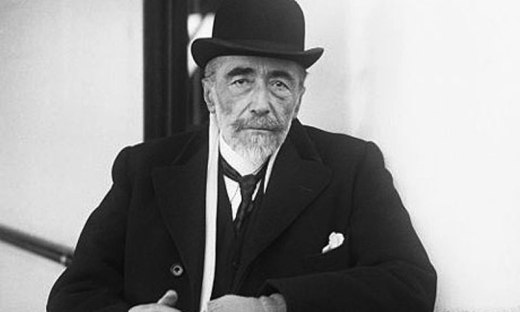
100. Joseph Conrad
Prose stylist nonpareil, he addressed the dichotomy of race, the loneliness of existence. Heart of Darkness became a paradigmatic work. It is hard to read today, but no less important. Conrad was born to a family of Polish nobles. He did quite a bit of gunrunning — see The Arrow of Gold. You've got to be batshit crazy to have an ambition, as a child, to visit Central Africa. Recommended reading: The Secret Agent.
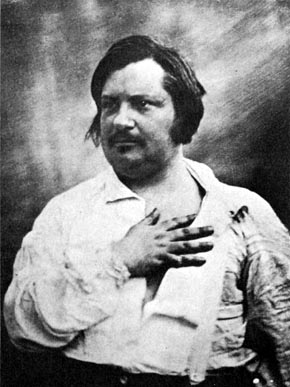
99. Honoré de Balzac
The gestamtkunstwerk ('total work of art') was all the rage in Europe early in the last century, but Balzac was on the case almost a hundred years before. The man started writing just before midnight and worked until the sun went down the next day, eventually producing 100 novels and plays he called La Comedie Humaine. We've never really liked realism, but Le Pere Goriot is one of the mode's best. His mother came from a family of haberdashers. There had to be a realism before there could be anything else, probably. Recommended reading: "The Girl With The Golden Eye", "The Marriage Contract" from La Comedie Humaine.
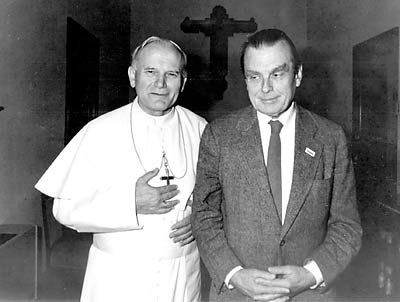
98. Czeslaw Milosz
The greatest artist Poland would ever spawn, Milosz was still composing vital poetry until his death in 2004. He was constantly reinventing himself as a writer, but remained pretty much the same person after he took home the Nobel Prize for Literature in 1980. Born a Lithuanian, he became a U.S. citizen eventually, and dissected the intellectual attraction to communism in his masterpiece The Captive Mind.

97. George Bernard Shaw
When we speak of 'wit' in the theater we owe a debt to G. B. Shaw. In fact, his scripts are so funny there's hardly any reason to see them performed. Pygmalion's a great play, but his writing after WWI, most notably Heartbreak House, is darker and better.
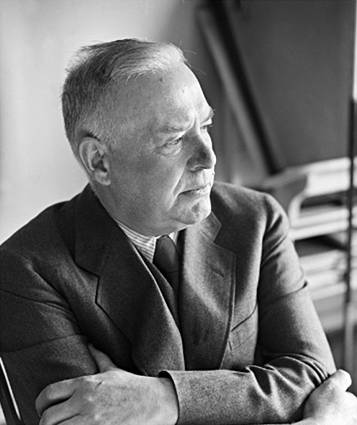
96. Wallace Stevens
Anti-semite? Sure. A little old-fashioned? No doubt. Was he one of the greatest poets of the twentienth century? No question. You might say that Stevens never quite seems like himself, which is a towering accomplishment, because he never quite sounds like anyone else either. Recommended Reading: 'Thirteen Ways of Looking at a Blackbird,' 'Anecdote of the Jar,' 'Notes Toward a Supreme Fiction'.
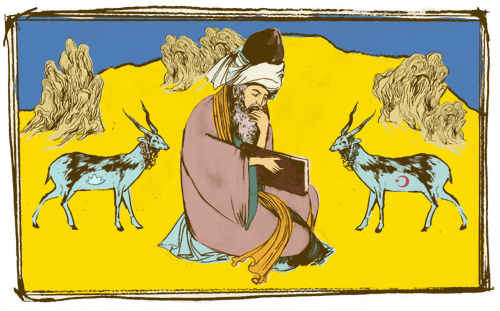
95. Rumi
We prefer to keep our religion, poetry, and booze in separate containers, but we know a lot of ex-hippie poets who swear by this guy. The Coleman Barks translations are the gold-standard. Born in modern-day Afghanistan, Rumi might as well have been a god.
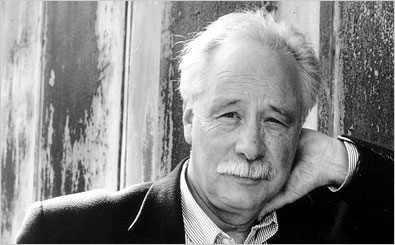
94. W.G. Sebald
No writer so little acclaimed in the first part of his life lived a second one in literary style in the West. Sebald can reasonably contend to have invented much of this country's creative nonfiction, and that is simply a glint of his admirers. It is for good reason that he is taught in every graduate writing program in America: his novels of half-remembrance are brilliant interlocking art pieces; seen whole they completely explain the violence in the middle half of the 20th century. Recommended reading: The Rings of Saturn, The Emigrants.
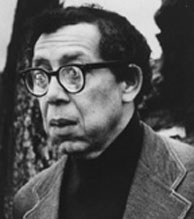
93. Robert Hayden
Hayden's reputation is sure to be burnished by time. Sure, he had influence on an entire generation of African-American poets; but it is the sustained quality of his verses that we now have to contend with. His was an intellect of constant seriousness, mapping the tragedy of his own heart. His vision of language and life, in elegy or eulogy, is among the most impressive achievements in the arts. Recommended reading: "Those Winter Sundays", "October," Selected Poems.
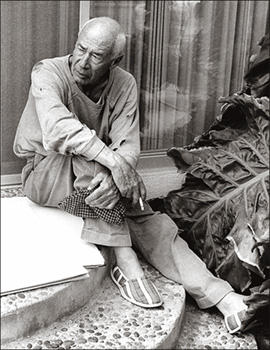
92. Henry Miller
It's fun to talk about Henry Miller at parties, and it took us a long time to realize that those who denounce him first made their acquaintance with Miller's least representative work, Tropic of Cancer. It's an important book, but mainly for the history of American censorship. The correct way to fall in love with Miller is through his exquisite nonfiction, most notably The Collosus of Maroussi and Big Sur and the Oranges of Heironymous Bosch.
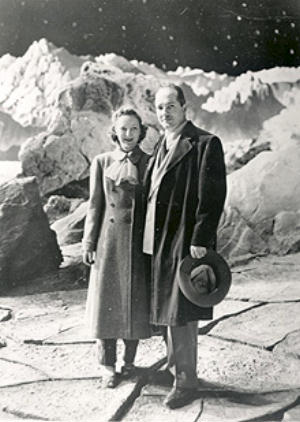
91. Robert Heinlein
Morality without end, purpose in the unreal. He got so much better as a writer you can imagine him as one of his humble characters, toiling endlessly at something larger than himself and maybe impossible. Is there any more fun you can have than Stranger in a Strange Land? To Sail Beyond Sunset? The Moon Is A Harsh Mistress? Starship Troopers? His juveniles are in some ways even more brilliant, bringing his dream of the stars to audience poised to inherit it. Recommended reading: Farmer in the Sky, Tunnel in the Sky, Between Planets, Citizen of the Galaxy
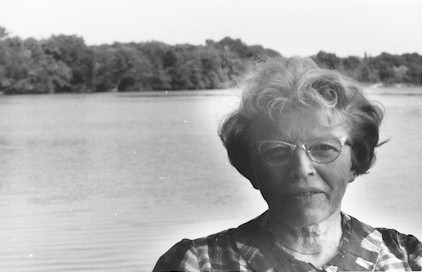
90. Lorine Niedecker
She was a recluse from Wisconsin who loved the Imagists. She wrote to Louis Zukofsky, she kept writing in her bizarre island home. Her nature poetry is better than anyone else's nature poetry, her confessional poetry is fresher and more accessible than Plath or Sexton. She was funny, and could be so sad. She is the marvelous product of a strange and relentless world. Recommended reading: "For Paul", Collected Poems.
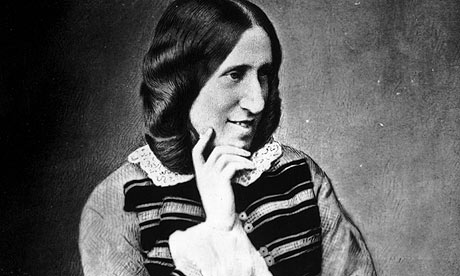
89. George Eliot
Born Mary Anne Evans in 1819, she wrote Middlemarch, Daniel Deronda, and Silas Marner, a threesome that must rank with any of the finer achievements of realism in fiction. Yet her breadth of character and theme took on so much more. This is a writer that had common sense, verve and intricate knowledge about the unfolding of human events. Eliot's ouvre is astonishingly mature for its time, and remains readable today.
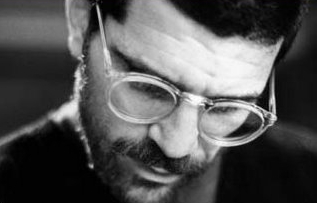
88. David Mamet
The quintessentially Jewish-American dramatist, his conquests of poetry and fiction were minor. But he exploded the idea of the American play, creating an exciting new vernacular that brought crowds, excitement and controversy to the stage. Famous for shutting down an all-female production of his masterpiece Glengarry Glen Ross, Mamet is an able theoretician, and maybe the most important Chicago Jew of all time. Recommended reading: American Buffalo, The Duck Variations, Boston Marriage.
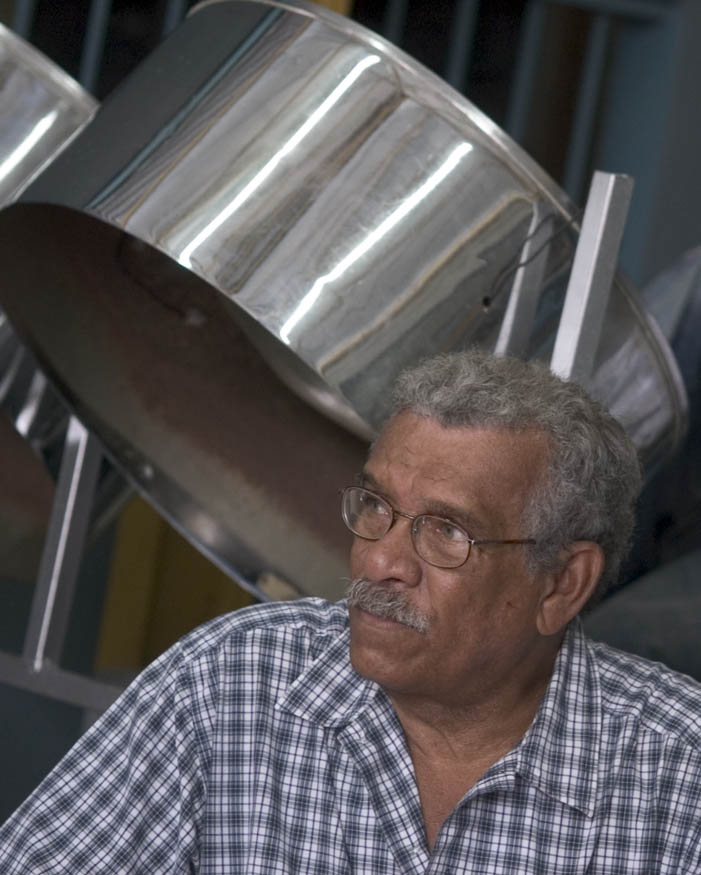
87. Derek Walcott
Born on the island of St. Lucia in 1930, Walcott is the most important poet of the Carribean, and an enduring voice in international letters. His epic poems, bringing classicism to new places and forms, are major, and his command of the short poem is as adept as Auden's, a man Walcott admired greatly. His "Eulogy to W.H. Auden" gets us every time. Also, Walcott's achievements in the theatrical realm are not to be overlooked. Recommended reading: Omeros, The Arkansas Testament.
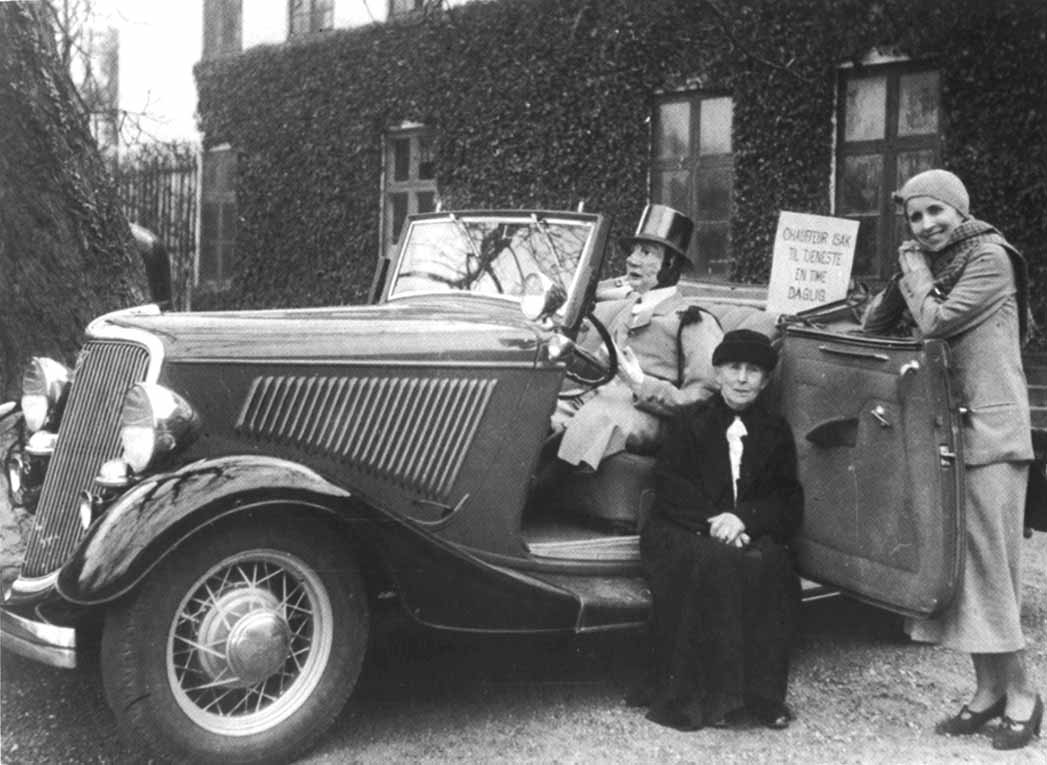
86. Isak Dinesen
Denmark's greatest writer, she was born Karen Dinesen, and she would write about the strangeness of her life in Kenya with her husband. Carson McCullers arranged for her to meet Marilyn Monroe; they danced on a tabletop together. She wrote "Out of Africa" about her time with her husband in Kenya; "Babette's Feast" was her finest story. She was more delicate with her prose than her storytelling, but both are worthy of a place here in this best of all possible lists.
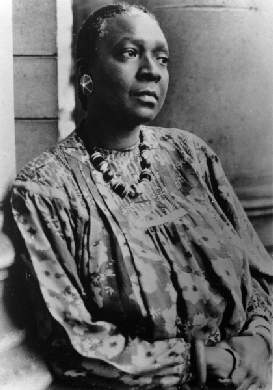
85. Maryse Conde
She is to the novel what Walcott is to the long poem. Her intricate templates for Carribean novels are massively impactful reimaginings of Western themes, replete with other places and attitudes that she experienced. Better than John Irving or Richard Price, her chronicling of the French attitude towards its possessions is her very autobiography. Recommended reading: I, Tituba: Black Witch of Salem, Crossing the Mangrove, Segu.
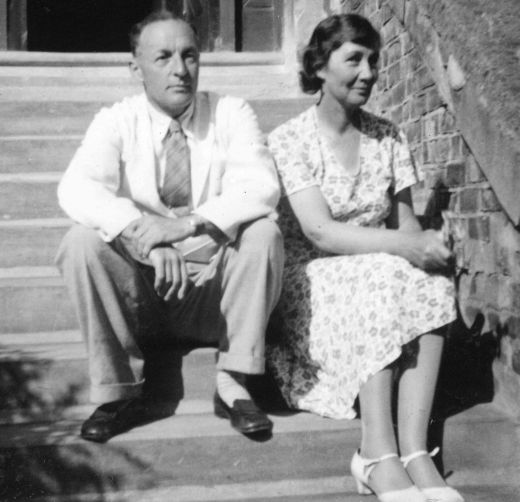
84. Joyce Cary
Relentlessly funny, incredibly inventive, and one hell of a writer. His comic trilogy was the height of modernism at the time. A voice that comes from the future, born with knowledge of the past, buoyed by the good humor of the present. The much-traveled Irishman wrote the most sterling address to colonialism we ever had. But mainly, he loved being an artist, and he was one of the finest his country would ever produce. Recommended reading: The Horse's Mouth, To Be A Pilgrim, Mister Johnson.
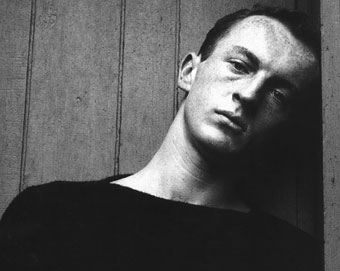 83. Frank O'Hara
83. Frank O'Hara
The gay American New York poet whose confessional and addictive personality made him funny and fast. He wrote some of his poems in a room with his friends; he fucked well and seriously; he redefined the modern by looking in the mirror. Sure he has a few misfires, but he's so fearless, never afraid to take chances, to say something more revealing of himself than is absolutely necessary. Recommended reading: "A Step Away From Them", "Autobiographia Literaria", the new Selected Poems.

82. Gabriel Garcia Marquez
His story A Very Old Man With Enormous Wings is a great relief to high school kids everywhere, its magic remedy to the stale fare of English authors overstuffing their textbooks. Not sure what his master fiction 100 Years of Solitude is meant to remedy, but every college kid from Los Angeles to Prague has a copy. Amazingly he is still alive, although he does not write anymore. He said his piece. Recommended reading: The Story of A Shipwrecked Sailor, An Evil Hour, The Autumn of the Patriarch.
81. Ernest Hemingway
He was a talented novelist and short-story writer who was larger than life. Like his less talented peer F. Scott Fitzgerald, his writing can occassionally seem dated and stale, but there is no denying his influence, and his finer work ranks with the supreme achievements of American fiction. "Hills Like White Elephants" is great the first time you read it, but only the first time. This remains true of much of his works. We find it strange to think he was made of flesh and bone, and not smelted parts of several decrepit Civil War era bronze statues. Recommended reading: A Moveable Feast, A Farewell to Arms.
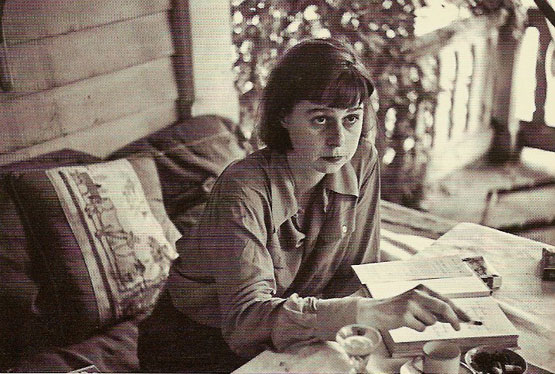
80. Carson McCullers
Her masterpiece The Heart is a Lonely Hunter was an immediate literary sensation. Rarely is an important work so quickly recognized as such. She wrote in a distinctly American idiom but her characters and themes were flawless and important. After World War II, she lived mostly in Paris. The Member of the Wedding is a slip of genius, a novel in which we can believe.

79. Flann O'Brien
The Irish novel was never the same after this man conquered it. Between At Swim Two Birds and The Third Policeman, O'Brien wrote the road map for experimental fiction, pulling the language apart before putting it back together again. Born Brian O'Nolan, he married a typist. He is the mad master, and his influence and import reigns supreme today, where his novels are still among the funniest, most inventive things ever to appear in English. Recommended reading: Flann O'Brien At War: Myles na gCopaleen 1940-1945.

78. Julio Cortazar
Half-Belgian, half-Argentinian, he was the modern master of the experimental novel. Hopscotch is the most infuriating, the funniest, most inventive. His parents split up, he dropped out of school. He later died of leukemia. His titantic efforts in the short story genre have little competition in any era of history. Cortazar gives the lie to the idea that there are many different literatures by making one of them all.
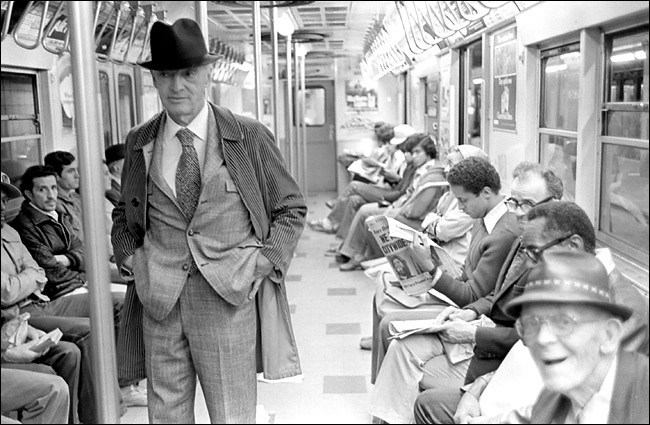
77. Saul Bellow
The greatest novel of the 1950s begins, "I am an American, Chicago-born." The Adventures of Augie March makes The Catcher in the Rye look like a fucking children's book. He followed it up with a lively collection of novels that rank with the modern masters. A little less success might have challenged him better, but as it is, he's the greatest Jewish novelist of the 20th century, and that ain't bad.
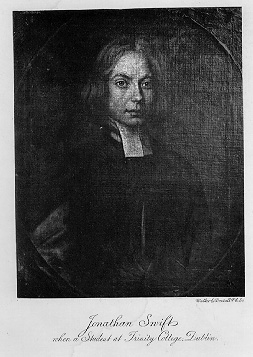
76. Jonathan Swift
He survives among his satirist peers for distinctiveness of vision and the impact of his classic essay A Modest Proposal, and the wonderfully still-readable Gulliver's Travels, which basically foretold all of modernity better than anyone else ever would or could.
Alex Carnevale is the editor of This Recording. Will Hubbard is the executive editor of This Recording. You can visit the This Recording tumblr here. Tune in tomorrow for the next 25 in our list.
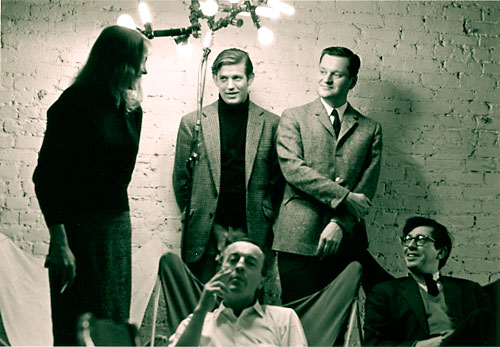
"This Love Is Fucking Right" - The Pains of Being Pure At Heart (mp3)
"Stay Alive" - The Pains of Being Pure At Heart (mp3)
"Everything With You" - The Pains of Being Pure At Heart (mp3)
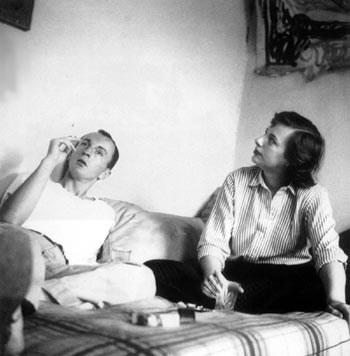






























Reader Comments (9)
Thank god -- I thought you'd given up on this one after I suggested that John Grisham's omission in your early draft would mar this list and your career as a literary critic for all eternity.
Julio Cortázar is half-Belgian, half-Argentinian. :)
Looking forward to the rest of the list.
Greetings from Brazil.
I'm excited to see where this goes next. I like that and think it's bold to put Flann O'Brien/Brian O'Nolan above Hemingway. I like that. Good list so far.
Hemingway should be higher. 'The Old Man and the Sea' and 'The Sun also Rises' both hold up under repeated readings and are much better examples of his work than 'A Farewell to Arms' (which hasn't aged well) and 'A Moveable Feast' which is only a minor work.
Gentlemen, this is an interesting and valuable list, but the title makes me die a little.
hemingway is a weak trick
Masterstroke to dispense with Bellow in the first quarter/bottom 25. If DeLillo makes it into the top 25, I'm renewing my TR subscription for the next 5 years. Now let's see how you deal with Harlan Ellison, Harold Brodkey, Djuna Barnes and the mercurial St. Joan...
In which you should probably mention somewhere in the post that this is just part #1 you cryptic bastards. Good list so far though.
Who is that pictured in your graphic title image?